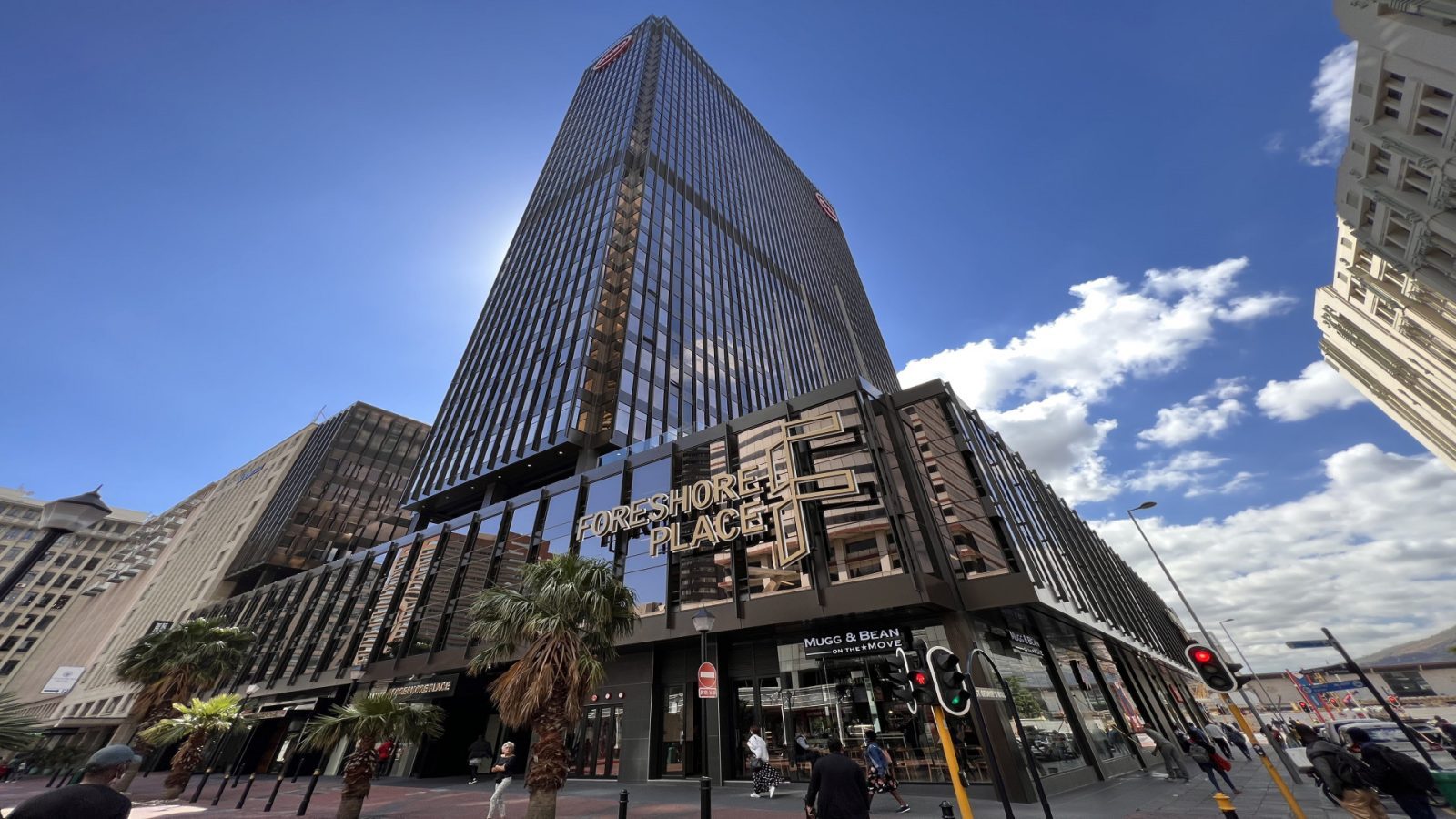Advertisement
Mixed-use developments are a growing trend in the residential property development market because they reduce travel time for residents and offer convenience, choice and an integrated lifestyle. Find out more from those showcasing the latest of these projects.
Different MO today
‘Traditionally, the popular first-time buyer choice was an urban flat close to the action. When it was time to settle down, city living was traded for suburbia and, once the children were grown, downsizing often meant moving to retirement accommodation,’ says Grahame Diedericks of Sotheby’s Midrand.
‘However, tech advances have altered how we live and work. Millennials are the largest property-buying demographic and want the best of both worlds: proximity to the action and to amenities like restaurants, bars and shops.
‘Many now have children, so want to be close to schools and green spaces. They highly value experiences and convenience, citing ‘location’ as one of the top influencing factors when home-buying.
Advertisement
‘These, along with growing security concerns, traffic congestion and the increasing appeal of convenience in all demographics, have led to the development of suburban commercial hubs and, on a larger scale, entire precincts that offer a work-play-stay environment.’
Cape forefront
Many developers take advantage of the ever-dwindling requirement for traditional office space, and one of the Mother City’s newest mixed-use boons is housed in the Cape’s second-tallest structure, previously known as the Absa Building.
Galetti Corporate Real Estate CEO John Jack explains: ‘Foreshore Place is now in this iconic building – the first structure in Cape Town with a continuous glass curtain wall and, at the time, the largest steel-skeleton ever used in a skyscraper, defining its 34-storey main tower that opened in 1970.’
The building has had many memorable tenants such as super nightclubs that hosted the most lavish New Year’s celebrations. At the forefront of fine-dining, it was home to the Cape’s first attempt at a Michelin-starred restaurant. Before its conversion to Foreshore Place, its offices housed a whole lot of Absa employees.
It’s all in the combo
‘People are placing increased value on lifestyle and convenience by opting for mixed-use developments that combine retail, residential and commercial in a dedicated location.
‘We’re taking this trend up a notch by offering 13 floors of office space, 11 floors of residential apartments, a retail floor, five floors of parking, and a multi-floor hotel operated by an international hospitality brand,’ says Jack.
Other priorities for convenience-driven tenants include air-conditioning and laundry facilities; on-site stores, coffee shops and eateries; proximity to public transport and 24-hour access control and security. Since many people work from home, residential units are equipped with free 500mbps fibre internet access.
Position = everything
‘Foreshore Place is situated directly opposite Cape Town Station and adjacent to St Georges Mall. A new student housing development above the station will significantly impact the city’s centre of gravity.’
Jack says another unique element is its location in the Foreshore Precinct, designed to attract new investment, while winning residents and office workers back to the CBD.
Pocket positives
‘It falls under the Urban Development Zone (UDZ), which benefits from the Section 13 tax initiative that financially rewards inner-city project investors,’ Jack explains.
‘The initiative addresses urban decay, aiming to maintain existing infrastructure while encouraging investment. So if you buy, say, five apartments in a UDZ, you can claim back 55% of the purchase price over 20 years.’
Gen-Z wants, win
According to Jack, the design and mix of offerings within Foreshore Place are driven by what millennial and Gen-Z workers consider important when choosing a home.
‘With the influx of people moving to the Cape and city space at a premium, we had to be creative about what we would offer to distinguish ourselves,’ he concludes.
Melrose Arch in Joburg and De Waterkant in Cape Town are good examples of successful mixed-use suburbs, as are larger-scale developments like Waterfall in Midrand. An exciting new addition to the fray is Acsiopolis in Benmore Gardens.
Pronounced ‘ak-shop-oh-liss’ (‘city of worth’ in Greek), it claims to be the first multi-use lifestyle precinct in SA that includes a 561-room luxury hotel, 480 upmarket leased apartments, conferencing and event facilities, co-working space, an NCF curriculum nursery school, doctors rooms, a gym, clubhouse, deli, restaurant and spa.



